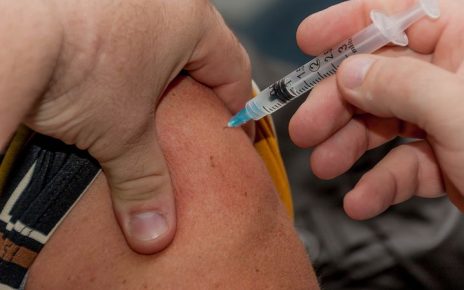District Nurses are registered nurses who provide essential healthcare services directly to patients in their homes and within their communities. They serve as a bridge between hospitals, clinics, and patients’ homes, ensuring that individuals receive the care they need, even when they are unable to travel to a healthcare facility.
The Role of District Nurses
Providing primary healthcare services
One of the primary responsibilities of District Nurses is to deliver primary healthcare services to their patients. This includes administering medications, monitoring vital signs, and conducting regular health assessments. By providing these services in a home setting, District Nurses can address the unique needs of each patient.
Caring for chronic and acute conditions
District Nurses are often called upon to care for patients with chronic conditions such as diabetes, heart disease, or respiratory disorders. They also play a crucial role in managing acute conditions, such as post-surgery care or wound management. Their expertise allows patients to recover comfortably in their homes.
Qualifications and Training
Education requirements
To become a District Nurse, one must first complete a nursing degree and become a registered nurse (RN). Beyond this, specialized training is required to develop the skills and knowledge necessary for home-based healthcare. This training includes courses in community nursing, wound care, and palliative care.
Benefits of District Nursing
Convenience for patients
One of the significant advantages of District Nursing is the convenience it offers to patients. Patients who may have difficulty traveling to a healthcare facility, such as the elderly or those with mobility issues, can receive healthcare services in the comfort of their own homes.
Cost-effectiveness
District Nursing can also be cost-effective for both patients and healthcare systems. By preventing unnecessary hospital admissions and reducing the length of hospital stays, District Nurses help save healthcare resources and reduce overall healthcare costs.
Preventative care
District Nurses are not only reactive but also proactive in their approach to healthcare. They focus on preventative care, offering advice and guidance on healthy living and disease prevention to help patients maintain their well-being.
Challenges Faced by District Nurses
High workload
District Nurses often have a high workload, as they need to visit multiple patients in a single day. This can be physically and emotionally demanding, requiring exceptional time management skills and resilience.
Access to resources
Access to necessary resources and equipment can be a challenge for District Nurses, particularly in rural or underserved areas. Ensuring they have the tools they need to provide quality care is crucial.
The Impact of District Nursing on Communities
Improved health outcomes
The presence of District Nurses in a community has been linked to improved health outcomes. Patients who receive care at home tend to experience better recovery rates and a higher quality of life.
Reducing hospital admissions
District Nurses help reduce the burden on hospitals by providing care that would otherwise require hospitalization. This not only eases the strain on healthcare facilities but also ensures that patients receive personalized care.
Future Trends in District Nursing
Technological advancements
As technology continues to advance, District Nurses are incorporating telehealth services into their practices. This allows them to monitor patients remotely, provide real-time advice, and ensure that patients are adhering to their care plans.
Telehealth services
Telehealth services are becoming increasingly prevalent in District Nursing. This enables patients to consult with their healthcare providers through video calls, reducing the need for in-person visits while maintaining the quality of care.
Conclusion
In conclusion, District Nurses are essential members of the healthcare community who bring healthcare to the doorstep of those in need. They play a vital role in providing primary healthcare, caring for chronic and acute conditions, and improving the health outcomes of their patients. While they face challenges such as high workloads and resource limitations, the impact they have on communities is undeniable. With the integration of technology and telehealth services, District Nursing is poised for a promising future, ensuring that healthcare remains accessible to all.




